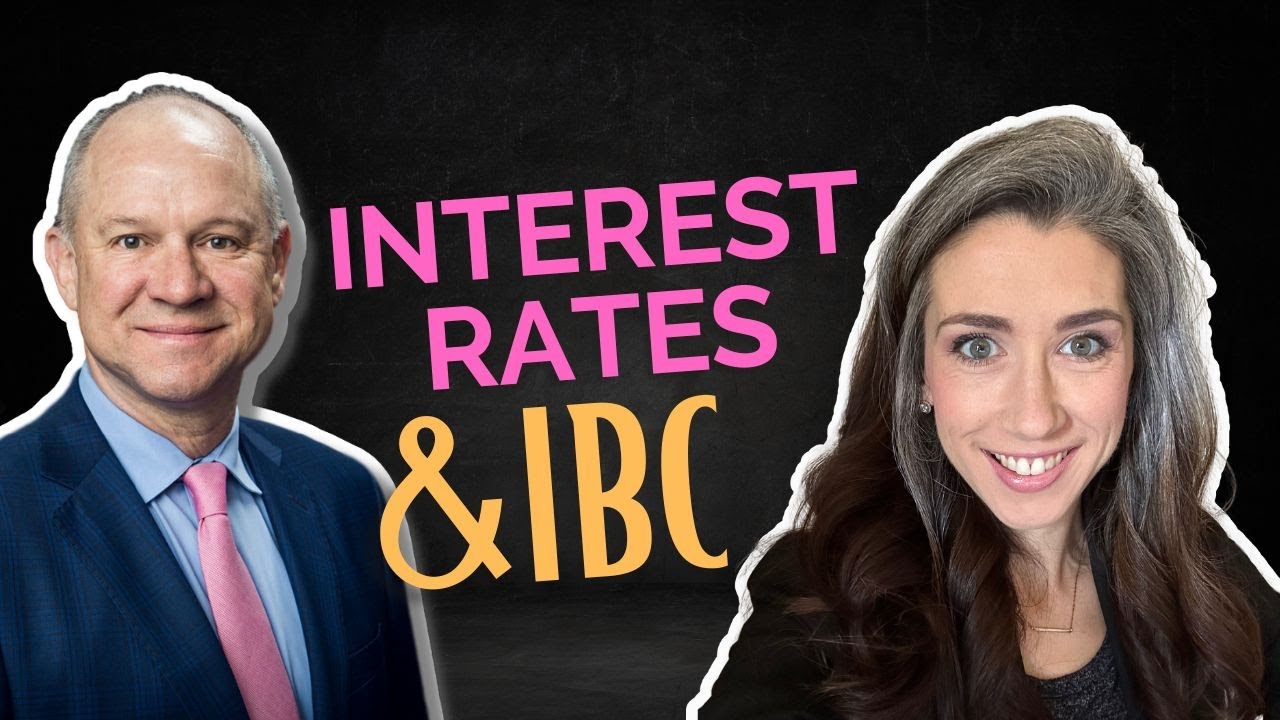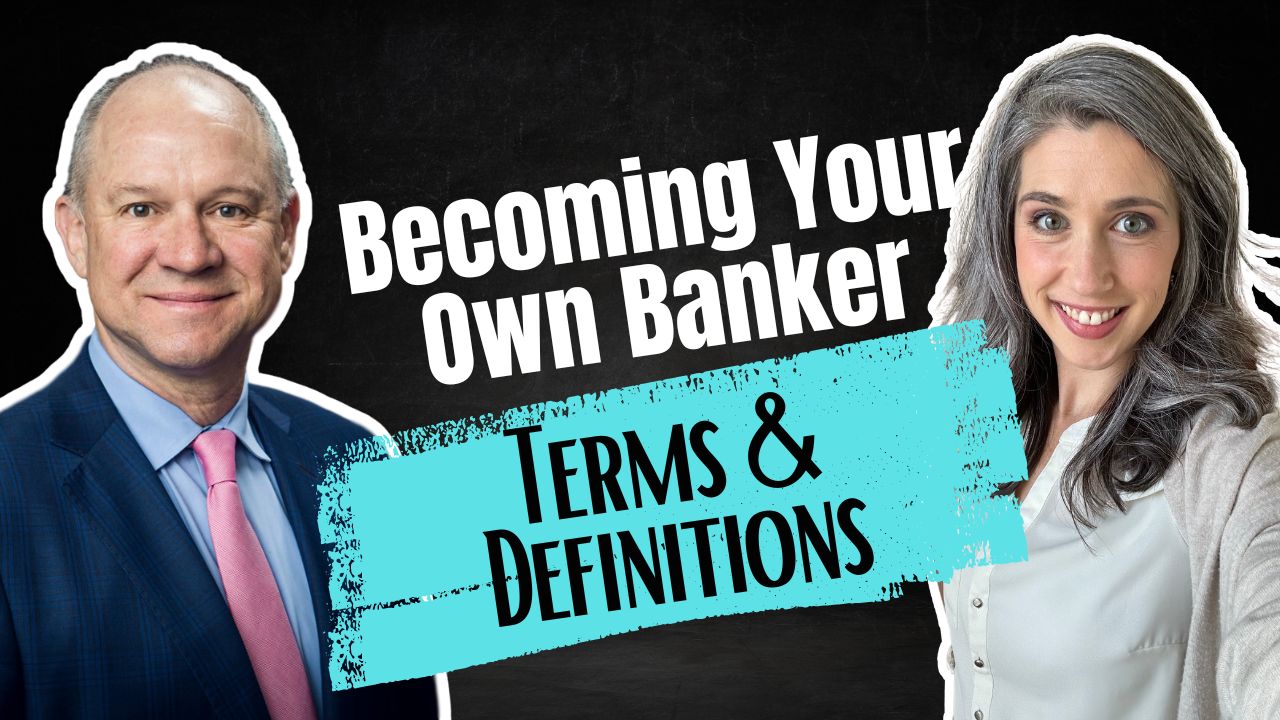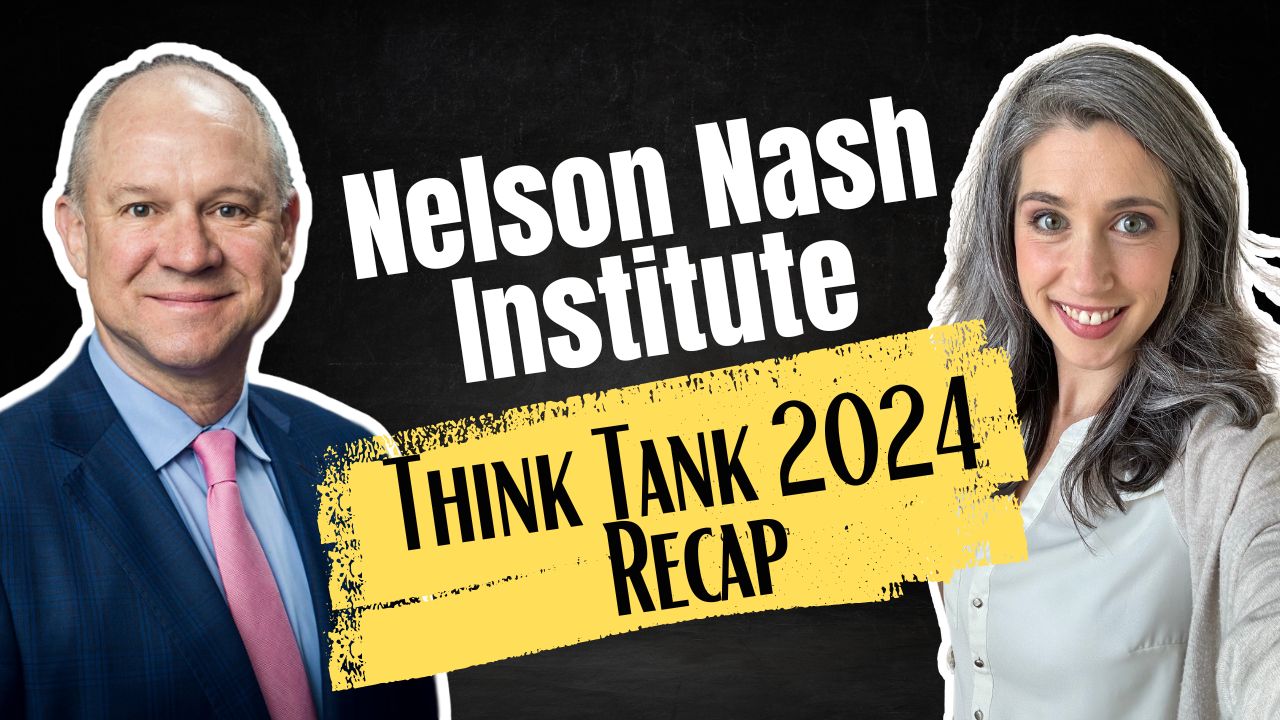
Interest Rates: What Does it Mean for Infinite Banking?
Are you concerned about rising interest rates? How will they affect your Infinite Banking policies? What about inflation and infinite banking? What do interest rates mean for infinite banking?
Today, we’ll be discussing the infinite banking concept, and how it relates to interest rates. We’ll also explore the implications of this concept for infinite banking customers and whole life insurance customers. We want you to have a better understanding of what interest rates mean for infinite banking. This includes the implications for you and your financial situation.
So, if you want to know what to expect … tune in now!
Podcast: Play in new window | Download (Duration: 58:38 — 67.1MB)
Subscribe: Apple Podcasts | Spotify | Android | Pandora | RSS | More
Table of contents
The Basic Mechanics
When you work with a non-direct recognition company, there’s usually only one borrowing rate. The rate is based on the Moody Bond Index. At the time we recorded our podcast, most non-direct recognition companies were sitting at about 5 percent for their borrowing rate. Direct recognition companies generally have a variable borrowing rate. At the time of recording, it ranged from 3.25 percent up to 5 percent. (Note: At the end of the day, the long-term cash value outcomes are incredibly similar, whether you choose direct recognition or non-direct recognition. Don’t get too hung up on the distinction.)
The Moody Bond Index is a conglomerate of bonds that indicates the general trend of bonds.
[11:37] “So what the insurance companies do is they base their borrowing on that because they want to be competitive.”
Life insurance companies don’t mind lending money to policy owners, because they actually make a pretty good return. If they can make 5 percent on fully collateralized cash with their policyholders, they don’t have to risk that money in the market, even if the market in question is fairly safe. They raise rates as appropriate in order to remain competitive with the bond market.
While it can be frustrating to see interest rates being raised, there are still benefits for you, the policyholder. After all, mutual companies must share profits with all owners—AKA policyholders. By keeping borrowing rates competitive with bond rates, they can benefit policyholders in two ways—by providing access to cash AND by making a profit. That way, companies don’t lend at the expense of profits in the bond market. When the company pays dividends, you and all other policyholders benefit.
Interest Rates Don’t Matter
Nelson Nash has said time and time again, “Interest rates don’t matter.” So what does that mean, exactly?
[18:08] “If you have more and more money in the form of premiums go into the insurance company, those insurance companies are going to deploy that to make money for the policyholders. And that money is going to get paid back in the form of dividends. Seventy-five percent of that is in the form of bonds. So as interest rates go up—bonds are interest-rate sensitive—they will then pay out greater dividends. And throughout the history of these mutual companies, the dividend rate has always stayed above the lending rate.”
The life insurance companies are not interested in making less money than what they’re lending out, because they have to consider their policyholders. Life insurance companies are great at making a profit, and it’s to the benefit of everyone.
[19:10] “It’s really important to recognize the rising interest rate does not only affect the borrowing component of infinite banking. It also impacts your growth rate on the dividend side.”
Translation: don’t sweat it too much when loan rates increase, because that means everything else is increasing too. And with dividends, that means good things for you and all other policyholders.
Interest Rates and Policy Design
If you want to see for yourself how the interest rates and dividend rates are affecting your life insurance policy, it’s all right in your annual statement. In that statement, you’ll find the total dividend you received. You can also see how much of that dividend the insurance company assigned to the base part of your policy, and how much they assigned to the paid-up portion of your policy.
To explain it as a general concept, though, imagine you have a premium of $100k, and you allocate 40 percent of that premium to the base policy. The other 60 percent of that premium is all PUAs (paid-up additions). If you’re around 40 years old, that $40,000 base premium is going to buy about $800,000 in death benefit. The remaining $60k of PUA is going to get you about $120k of death benefit.
Then, if you look at the dividend on this policy, most of the dividend is going to be applied to the base premium. About 90 percent of the total gross dividend is on the base premium. We want to balance high cash value and long-term growth.
Should You Have a High-Base Policy?
[35:28] “This means that the higher the base policy, as interest rates change and dividends increase… it would be logical to say that the dividends will then grow even greater.”
Not only do high-base policies perform well during interest rate environments like this, but they also have more guarantees and protection as pure insurance. In other words, with a higher percentage of base, you have greater death benefit protections.
What’s most important is that you consider your long-term financial goals and desires, not just short-term goals. What works for one family system might not be what you want, or what works for you. Don’t let the current market dictate the direction you choose to go. (And remember that you can have a portfolio of policies that contribute to different goals.)
Book A Strategy Call
Do you want to coordinate your finances so that everything works together to improve your life today, accelerate time and money freedom, and leave the greatest legacy? We can help! Book an Introductory Call with our team today https://themoneyadvantage.com/calendar/, and find out how Privatized Banking, alternative investments, or cash flow strategies can help you accomplish your goals better and faster. That being said, if you want to find out more about how the Infinite Banking Concept gives you the most safety, liquidity, and growth… plus boosts your investment returns, and guarantees a legacy, go to https://privatizedbankingsecrets.com/freeguide to learn more.
Becoming Your Own Banker, Part 28: Infinite Banking Definitions
Have you ever felt like you’re on a financial hamster wheel, constantly spinning but never gaining traction? Join us as we unpack the epilogue and glossary of Nelson Nash’s “Becoming Your Own Banker.” It’s a journey through the intricate philosophy of IBC, as we cover Infinite Banking definitions that shows how effective money management can…
Read MoreNelson Nash’s Legacy: Think Tank 2024 Recap
Embark on a transformative financial odyssey with us as we reflect on our profound experiences at the Nelson Nash Think Tank for 2024. Unlock the doors to personal economic empowerment with the Infinite Banking Concept (IBC), a brainchild of the late Nelson Nash that revolutionizes the use of dividend-paying whole life insurance. We shed light…
Read More



I am seventy eight and my next birth date I’ll be seventy nine.
Will it be wise for me and my wife to purchase whole life insurance at our age? What can we transfer our stock investment to in order to preserve cash value of stocks, and IRA portfolios?
Lawson,
Thank you for reaching out. We cannot advise you without knowing your full financial picture. If you would like to speak with one of our advisors you can book a call here: https://themoneyadvantage.com/calendar